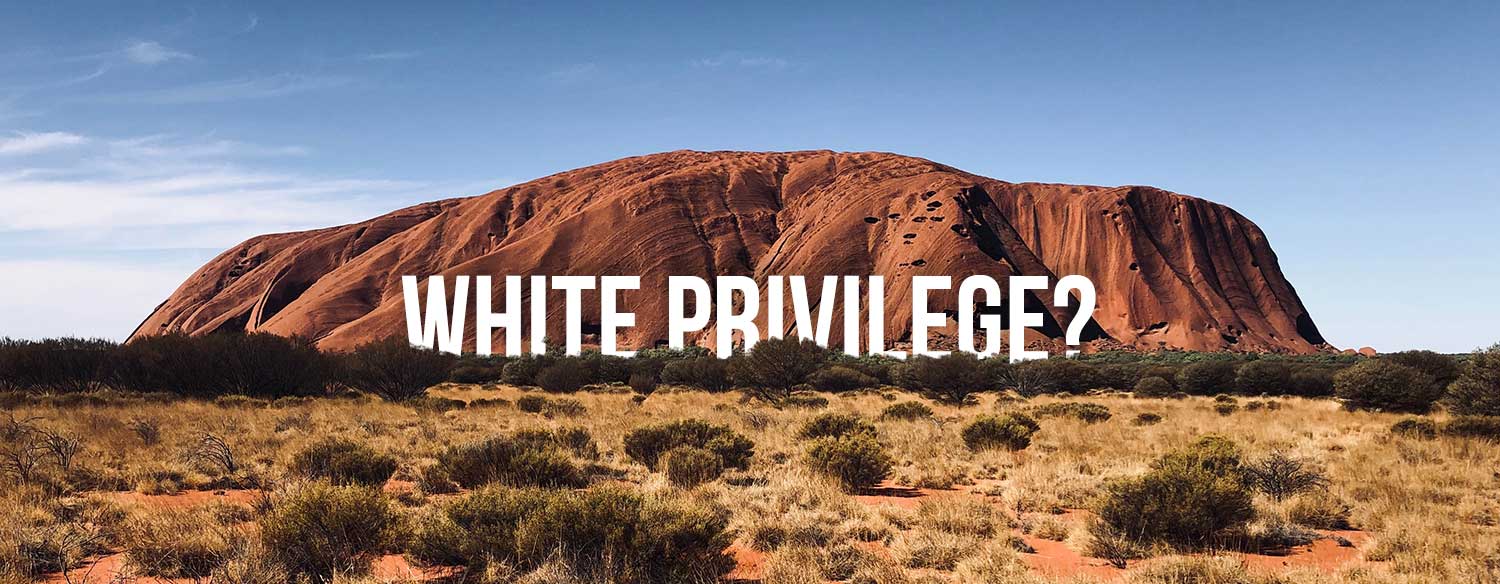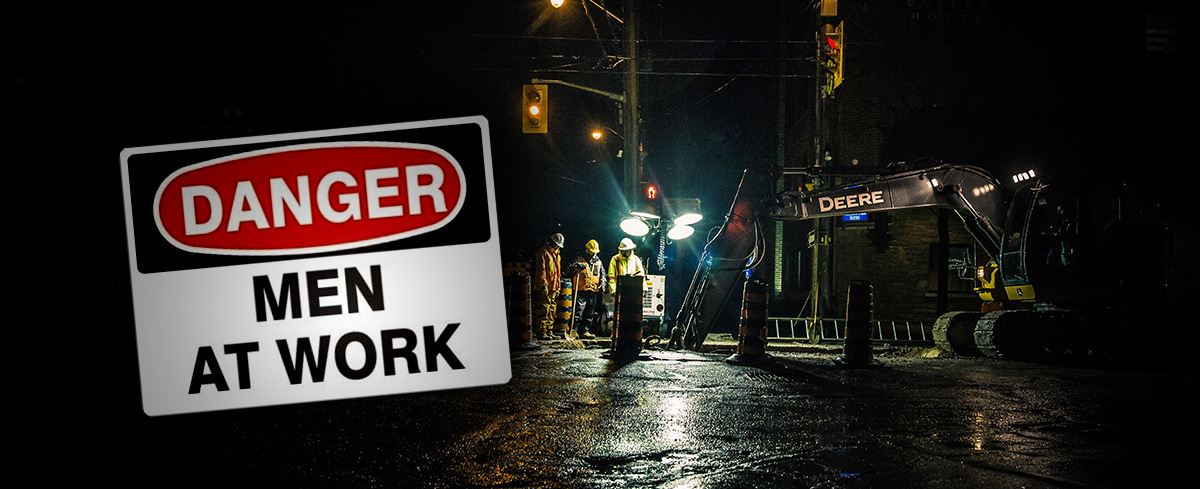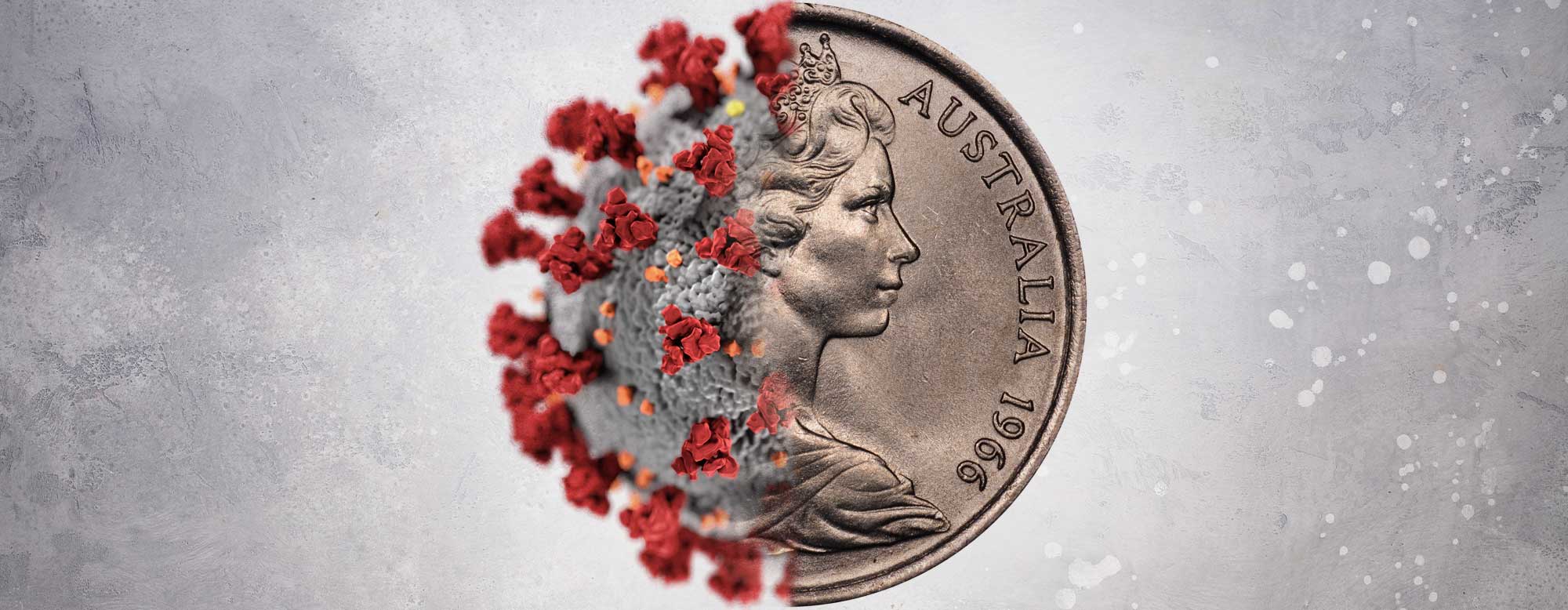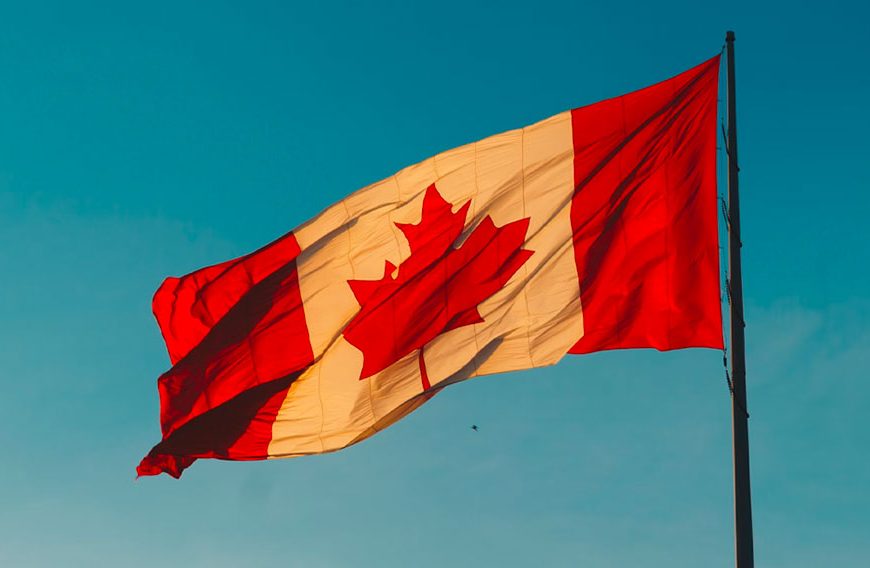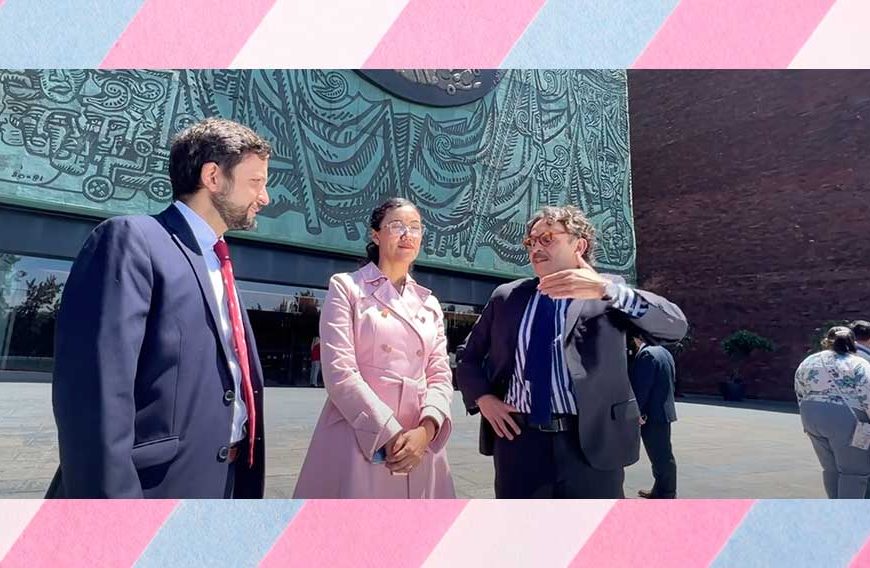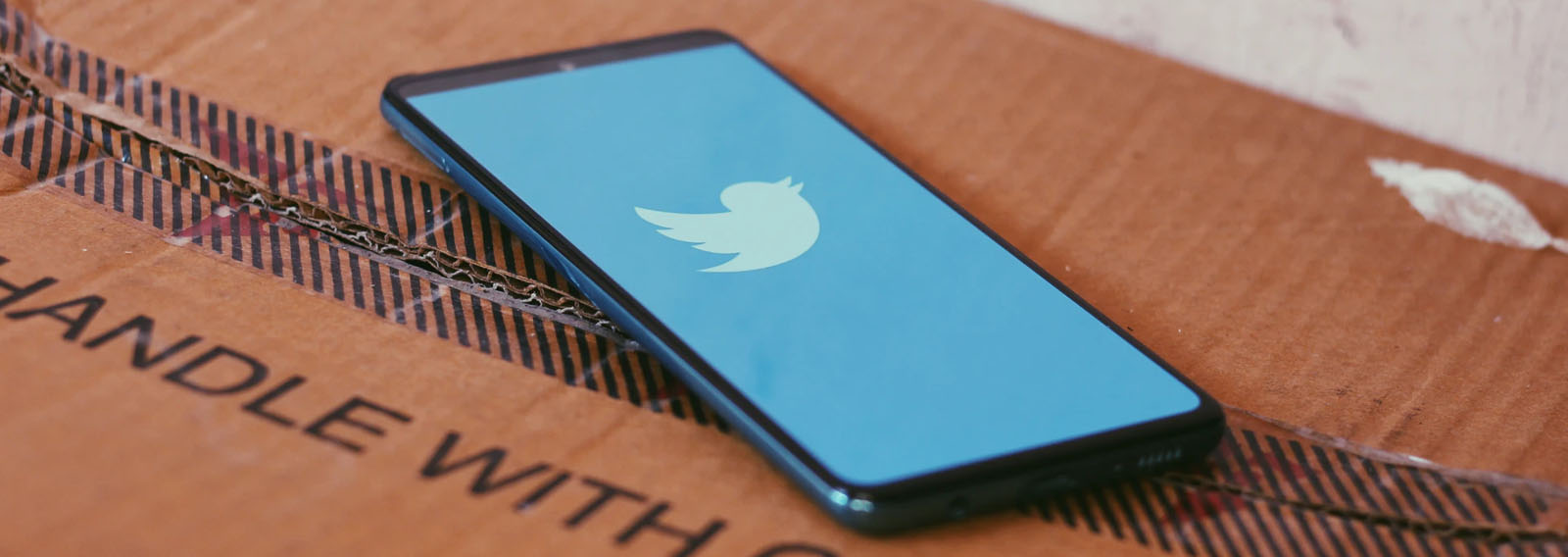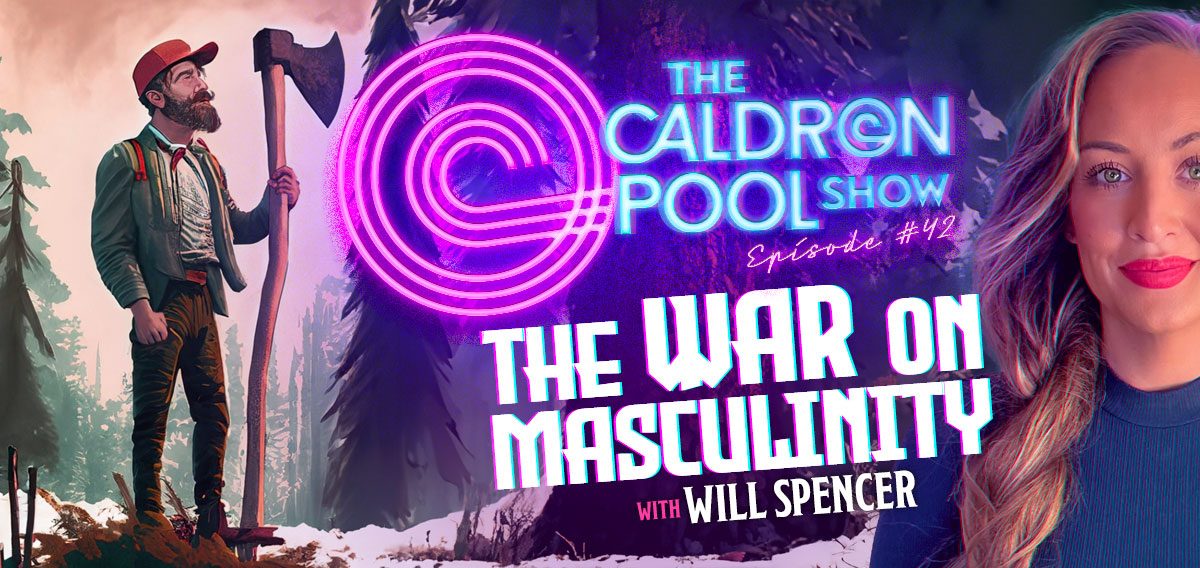Having been actively reading the news over the past few weeks, it has become increasingly evident that we’re witnessing a seismic cultural shift playing out in front of our eyes. One that induces us not only to introspection but also to contemplation. Does such a thing as racial division exist in the cosmopolitan country of Australia? Am I a recipient of privileges and benefits beholden to a select few simply because of the colour of my skin? Does the narrative that has been unfolding in the United States around BlackLivesMatter fit neatly into our own context?
These questions and many others have undoubtedly been on the mind of many Christians, like myself, in recent weeks amid the proverbial, and sometimes literal, smoke that has been emanating from our TV and PC Screens. Having been brought up in the South-West of Sydney, an area that lays claim to not only being one of the most multicultural areas in Australia, but also as an area of Sydney that is known for socio-economic hardship, I am particularly sensitive to these types of questions. Am I a recipient of ‘White Privilege’? A notion that because I am a Caucasian, I receive greater benefits, specifically in this country, that are limited to those of the same racial class?
Currently 34, I’ve been a Christian for a decade, I’ve received a postgraduate education, had ministry training, been married for longer than I’ve been a regenerated Christian, and been employed in a, so-called, secular vocation for the past several years, earning reasonably good money. Some would say I am doing quite alright for myself, which itself is only due to the graciousness of God. Yet, I struggle to put this down due to ‘White Privilege’. I do not believe that such a notion fits so easily into our landscape, no matter how convenient a narrative it seems.
You see, I was born into a dysfunctional family. My first memory was one of domestic violence, and the issues of violence, gambling, and alcoholism loomed prominently over my childhood. I grew up in the Cabramatta area in the 1990s which, at the time, had one of the highest crime-rates in Australia due to an influx of both gang crime and drugs. I went to an ethnically diverse primary school where Caucasians were the minority, and experienced first-hand the effects of reverse racism, being called a number of racist names, and probably going through, by my reckoning, four or so pairs of glasses due to regularly being beaten up after school by people of a different ethnicity. It got to such a stage that, knowingly expecting what was to come, I started to pre-emptively take off my glasses prior to the pending event to ensure that I didn’t go through anymore. After all, the Spectacles Program would only cover a pair every two years.
Coming from, what I sometimes facetiously call, a ‘Centrelink’-class background, we had little money to spend, and the money that we did have was not necessarily spent well. However, despite this and through a long-story, I ended up going to three different high schools, one in my local area, another in South-East Melbourne, and still another in the United States. This allowed me to witness different areas and see how life looked outside of the bubble where I grew up. Oddly enough, the high school that I initially commenced was the same I ended up graduating from. However throughout high school, probably due to both a mixture of discouragement and a failure to apply myself, I was not a good student by any account. I had no afterhours support with homework, and by the time I was 16, I had ceased living with my father (my parents already separated when I was 5). Believing that there were no real opportunities awaiting me after high school, drugs and other past times seemed more alluring. Yet, and by both God’s providence and HECS, I was able to eventually go to university, several years after graduating high school, being the first in my family to do so. Since then, I have also had the privilege to be a beneficiary of further educational studies.
The reason I mention the above is not for sympathy, but because I have observed that over the past decade, authority to speak on a matter has sometimes only been granted due to an individual’s ‘lived experience’, and even then, it seems the only acknowledged experience is that which fits with the accepted narrative. I do not agree with that sentiment, but this is being established so I cannot be easily ignored as being someone from an affluent middle-class background who is blind to my own privilege.
Having been brought up in an ethnically diverse area, gone to ethnically diverse educational institutions, and currently working in an ethnically diverse workforce where many of my fellow colleagues represent a plethora of racial heritages. I struggle to see anything that necessarily enshrines protection or benefits reflective of the so-called White Privilege. This is not to say, that racial prejudices do not exist, they do and any form of racism needs to be condemned and challenged by the Christian, understanding that the theological truism of being in the imago Dei extends to all humanity, not limited to a specific group. Yet, a realistic anthropological approach necessitates that we see that the racial prejudices that exist are not limited to a singular group against others but exists, sadly, between all groups.
While it is easy to single out a specific group of being guilty of this, and to put forward the notion of ‘White Privilege’ as the root cause of all forms of current social ills. Reality demonstrates that such a simple narrative of race being the all-exhaustive, overarching, variable that is the cause of so much social discrepancy in Australia cannot bear the burden to which it is assigned. It fails to understand that such diversity regarding peoples’ circumstances boils down to a much larger array of variables that are much more complicated and multifaceted than simply pointing to race as the predominate factor.
After all, for ‘White Privilege’ to exist in Australia, in that simply being ‘White’ allows for better jobs with better pay, better living standards, and better opportunities overall, to the exclusion of all other groups, than all ‘White’ people need to be actual recipients of this privilege, as opposed to only being received by a select class within the group. If this, then, cannot be feasibly demonstrated without conflating the variables that are the cause of societal discrepancies or without properly applying a cultural- historical context, then it shows that such attempts to attribute blame in a such a way is not only inherently weak but intellectually indolent.
Now, this is not to deny the existence of privileges. Privilege, being that an individual may have greater opportunities in a variety of ways that others do not, can exist inherently by nature (i.e. a natural athletic ability) as well as through systemic means. Indeed, simply the ability to live in a country where people have considerable freedom to express their views is a privilege, as we recognise that there are many countries where people do not have such freedom. Yet, paradoxically, it must be acknowledged that the main places where the idea of ‘White Privilege’ is being exclaimed are notably in countries, which either were or are, for various reasons, predominately Caucasian. Those who raise this charge of privilege are only able to do so because they have the very privilege of liberty to do so.
Thus, it is absolutely true that privilege can exist systemically. Both in good ways, like the aforementioned example of liberty, but also negatively. Specific examples of systemic privilege can be seen, from a transnational perspective, in the ‘Male Privilege’ of Saudi Arabia and within other Islamic countries; ‘Sunni Privilege’ in many countries in the Middle East; ‘Caste Privilege’ in India; ‘Han Privilege’ in China; or ‘Malay Privilege’ in Malaysia. Some of these countries have enshrined these privileges through law or policy and actively enforce their continuation, whereby these act as a way to intentionally differentiate the privileged class at the disadvantage of others. However, even here we need to be consciously aware that that whilst all of these privileges do exist in varying degrees, we need understand that the same limitations apply in that they are a gross ‘generalisations’ of a privilege that can exist for a select few, but not necessarily to all who may fall under the class to which a privilege would be attributed. Other variables come into play, and we must be mindful that there are often numerous counterexamples to such generalised social constructs.
So, considering this, can we say that ‘White Privilege’ in Australia truly exists? I believe such a racially charged claim is not only unhelpful, but simply erroneous. Not only due to the lack of evident attempt to codify such a privilege, but through the reality that any such attempt would, rightly, be condemned in the cosmopolitan and egalitarian nature of today’s Australia. Similarly, the existence of certain disadvantageous issues affecting predominantly Caucasian areas in Australia, such as the current methamphetamine, or ice, epidemic currently plaguing those in lower socio-economic areas in the countryside, is demonstrative of the weaknesses of arguing an overarching, woefully simplistic, ‘privilege’ in a nation such as ours, without recognising that there are often counterexamples to the suggested narrative and that issues are often far more complicated than such an argument allows for.
Indeed, and ironically, it is often the ‘privilege’ of living in countries which either were or are, for various reasons, predominately Caucasian, that many have strived to make these countries their home. It evidences an acute awareness that it is by living and working in these countries that one has access to better opportunities for either their families or themselves than they would necessarily have in their home country. This not only boils down to the reality that there is no legal ‘enshrinement’ against other ethnicities (I’m well aware that Australia, sadly and to its shame, once did), but that there are ample opportunities available for people who apply themselves to take advantage of them. My wife’s family who came from mainland China in 1990 are demonstrative of this as they have done quite well for themselves. Having spoken to my wife on this topic of privilege. She agrees that despite the initial difficulty of not knowing the language, that she has been a recipient of the ‘privilege’ of living here as opposed to growing up in mainland China, particularly in regards to both opportunities and civil liberties, to name but two areas she has benefited from. Thus, we must be aware that claims of ‘White Privilege’ actively downplay the general ability and opportunity that many people have to ‘make it ahead’ despite their race, gender, or creed.
Yet, that is not to say that there are no issues in Australia, there are, and there always will be until our Lord returns, simply because we understand the sinful state of humanity. The way that our first Australians are sometimes exposed to systemic prejudice in certain areas in this country is a very real and tragic thing. Being a ‘octoroon’ of likely Gamilaraay descent, I do not identify as an Aboriginal mostly as there was no connection to that heritage (we never knew my maternal grandfather). However, I am acutely aware that there are issues that need to be dealt with in a fair and wise fashion. The higher incarcerations and deaths in custody that plague the indigenous community are worrying. Notwithstanding, however, the same caution needs to be had in that we can’t simply chalk everything to prejudice and believe that everything is simply due to a singular issue. John McClean, the Vice Principal of Christ College, is spot-on when he remarks: “The reasons for the levels of imprisonment and death in the indigenous community are complex and solutions are not easily to hand.”[1] Aboriginal lives matter and the above should rightly concern us, because they, like the rest of us, are beautifully made in the image of God.
However, before we attempt to chalk the unsettling circumstances afflicting our first Australians to ‘White Privilege’, let’s remember that the differences don’t just boil down to only ‘White’ and ‘Aboriginal’, to do such is to fail to recognise the reality of Australia’s demographics in that we have sizeable populations which are not of Caucasian descent. Thus, lest we seek to again conflate a vast array of variables in order to make a pretty narrative, we need to be mindful that the opportunities, or privileges, that those outside indigenous communities enjoy extends to all racial groups. Thus, it may be fairer, yet still simplistically problematic, to bemoan ‘Non-Indigenous Privilege’.
Again, privilege exists. We cannot deny that we all have been recipients of a wide array of different variables. Some advantageous. Others not so much. Some were due to nature, such as health, athletic ability, or general intelligence; some brought about by differing socio-economic circumstances. Such discrepancies have always existed and will always exist (Matthew 26:11). This does not mean we can’t attempt to feasibly reduce the gap where possible, but it does mean we should approach things in a more realistic light and be rightly cautious before we use the narrative or terminology of the day being bandied around. The imposition of the American experience and the term ‘White Privilege’ can’t be easily imposed upon the Australian scene. Both countries have had very different histories, and subsequently have differing cultures. This is evidenced not only in a secular difference, but also a religious sense.
So then, how ought we, as Christians, to act? Certainly, we need to be mindful that privilege exists. We are privileged in different ways, even the existence of ‘rights’ as they are extended to the everyday person is a uniquely ‘Western’ understanding and is something we are privileged with having. Despite attempts to decry their universality, we need to understand that their formulisation was a result of a Western worldview derived from, perhaps gradually, a Judeo-Christian anthropological basis. However, we also would err lest we forget about the reality that many privileges are God’s temporal blessings. For the “Lord makes poor and makes rich; he brings low and he exalts.” (1 Sam 2:7). If we believe in a sovereign God, then we also need to equally recognise that he is the sovereign God who bestows different blessings and gifts to individuals, who gives a certain gift to one person and not another, as is due his prerogative as the creator and sustainer of all. Yet, this does not mean we should embrace some of fatalism and be inactive in the face of injustice. All injustice (i.e. abortion, racism, discrimination) should rightly grieve us and we need to be willing to challenge them, understanding the prophetic role of the church. But similarly, we need to ensure that it is injustice that is rightly defined from a Scriptural lens, not from a perception of a world that is largely at odds with God.
We would do well to remember that wherever God has placed us, in varying locations, life-stages, and occupations, that we should ensure that the entirety of our lives are focused on living for Christ, reflecting his light and love (Matthew 5:13-16). Ensuring that the totality of God’s Word is proclaimed, the ministry of reconciliation (between God and sinful man) undertaken, and that everything God has given us, all our time, skills, and finance—every gift, blessing and privilege—properly utilised to this end (2 Corinthians 5:15; Galatians 2:20). The question we need to wrestle with then is not so much about whether we are recipients of a specific privilege that we may need to sacrifice as much as recognising that we are recipients of certain privileges that have been extended to us for a specific reason. That is, are we utilising all our talents (Matthew 25:14–30), to the glory of God through His proclaimed means?
[1] John McClean, Black Lives Matter, PCNSW Gospel Society & Culture – 12 June 2020 – http://gsandc.org.au/wp-content/uploads/2020/06/Black-Lives-Matter-Final-v2.pdf


